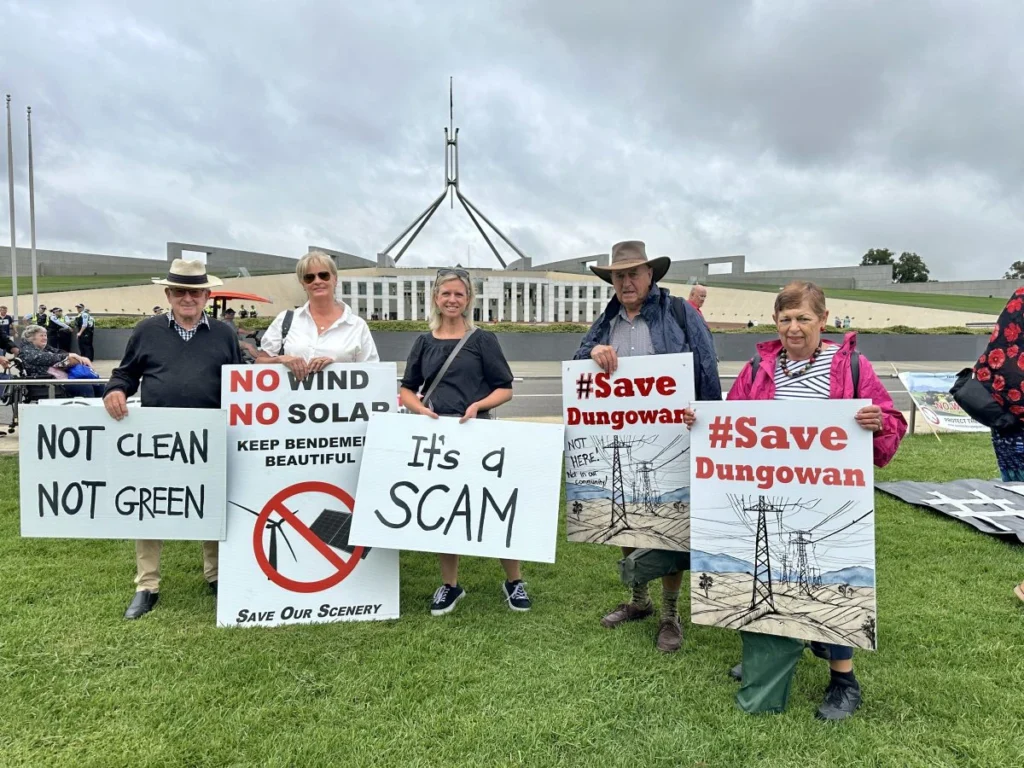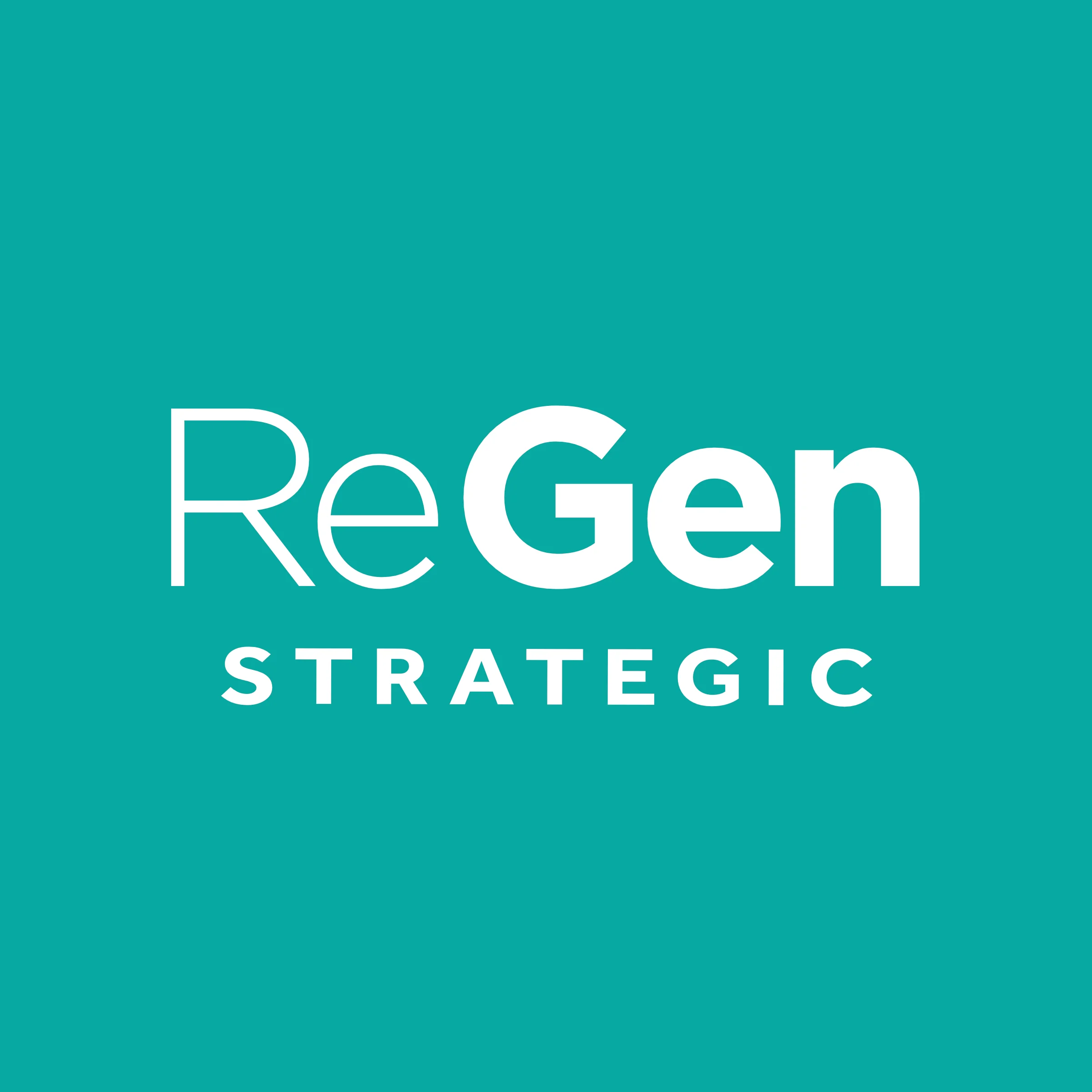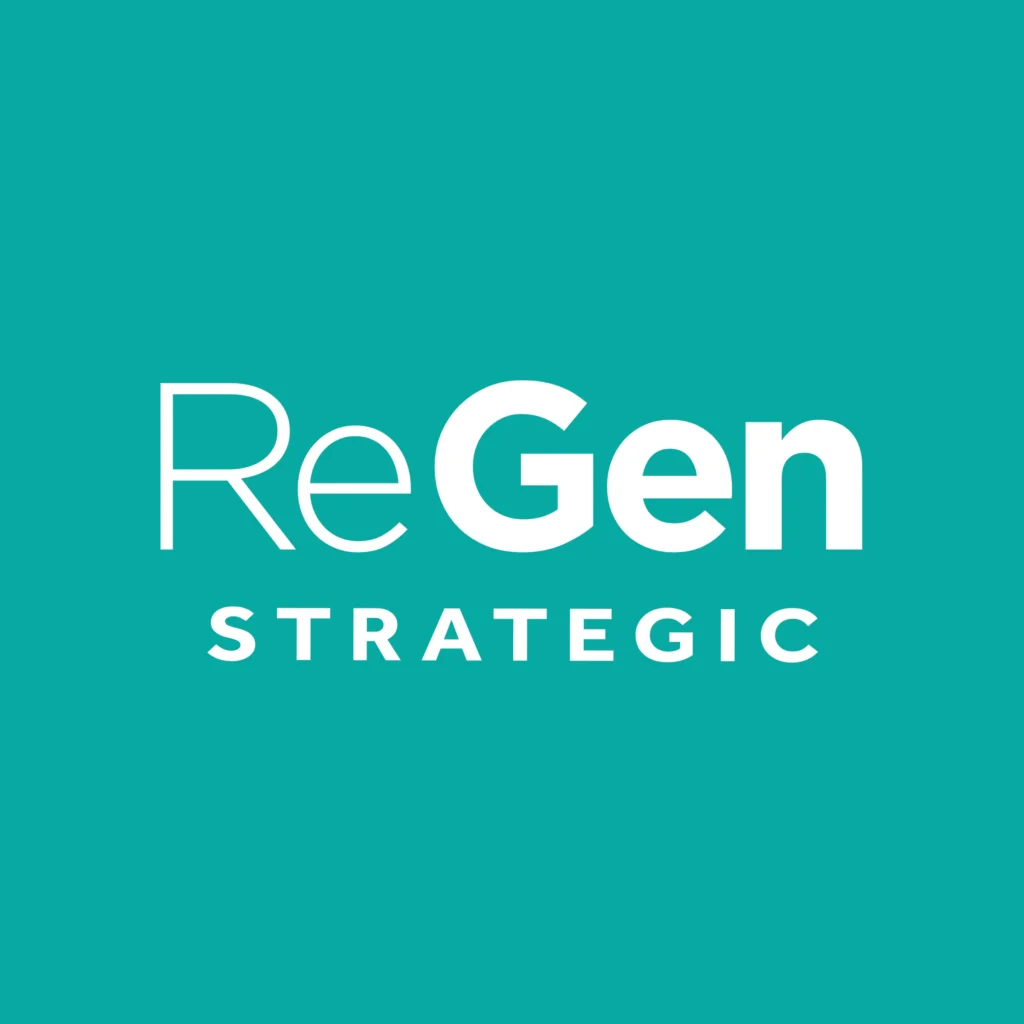
The Insider/
Can WA avoid the renewables pushback?
The cleaner energy transition might be a huge financial and technical challenge, but it is also a social one. Across regional NSW, Queensland and Victoria, renewable energy projects are being delayed or abandoned in the face of strong community resistance. Farmers and regional residents are saying they feel “done to,” not “worked with”.
It is worth making the distinction here that these communities are not rejecting clean energy, as they are often portrayed, but rather how these projects are being ‘imposed’ upon them. In NSW communities, such as the Yass Valley and Upper Lachlan Shire – already home to some 42 per cent of the state’s wind turbines – they are pushing back hard. Farmers say their land-use burden is mounting and they feel “powerless“.
In Victoria, the proposed multi-REZ (Renewable Energy Zone) transmission and generation build-out has triggered similar concern. Landowners in the Wimmera region say they will “lock their gates” unless they are better consulted and compensated.
At a recent Energy Infrastructure & Community Engagement Conference I attended in Sydney, it became clear that the pace of our renewable energy transition is no longer being limited by government planning or investor confidence, but by community resistance.
I’d submit that many regional West Australians have experience in dealing with larger proponents, especially mining and resources companies, and up until this point, pushback against energy projects in WA has been limited.
However, as regional communities start to experience the impacts of the thousands of wind turbines and the hectares of solar panels required to meet transition goals, I have no doubt that the attention on these projects will only increase and, if not handled well, so will community resistance.
Proponents need to get ahead of the game and engage meaningfully with local communities – and that means ensuring stakeholder feedback is genuinely heard and incorporated into plans. It also means coming to communities with a genuine desire to share economic and social benefits with impacted stakeholders, Traditional Owners, and surrounding landholders.
ReGen Strategic has taken an active role in helping renewable proponents – including those employing wind, solar and both long and short-duration battery technologies – navigate approvals processes, receive government backing, and work toward community acceptance.
Based on our experience, here’s a few of the top tips I give to new clients before embarking on any community engagement:
1. Don’t over-consult
Communities can only take so many “drop-ins” and “consultation sessions” before the message starts to blur. Wherever possible, liaise with other proponents, government and local councils on ways to coordinate engagement, share information, and avoid duplication. Over-consultation is not engagement, it is noise.
2. Budget for real community benefit
Eastern states are now developing quantum-based benefit-sharing models that tie project size and impact to tangible local outcomes such as community funds, local infrastructure, or shared ownership. WA proponents should be planning for this now, not waiting to be told to. Genuine benefit builds lasting acceptance.
3. Earn your social licence by being personal and genuine
Social licence is not something governments can give or industry can share. It is earned by each proponent, one community at a time. It requires listening, responding, and being transparent about trade-offs and benefits. Every project will need its own social performance strategy tailored to its footprint, its people, and its story.
4. Have open, honest conversations
Industry also has a collective responsibility to educate and inform, not lecture. We must explain why the transition matters, what happens if we do nothing, and how local communities stand to benefit. These should be open, two-way conversations built on respect, not condescension. People need to see themselves as part of the story, not feel talked down to.
Western Australia has escaped much of the community pushback thanks to our unique operating environment, size and distance from major population centres, but that buffer will not last forever.
If we are serious about meeting our 2050 net zero target, the time to prepare for meaningful, coordinated community engagement is now.
Because if we want to build renewable energy at scale, we need to start building trust at the same scale too.

